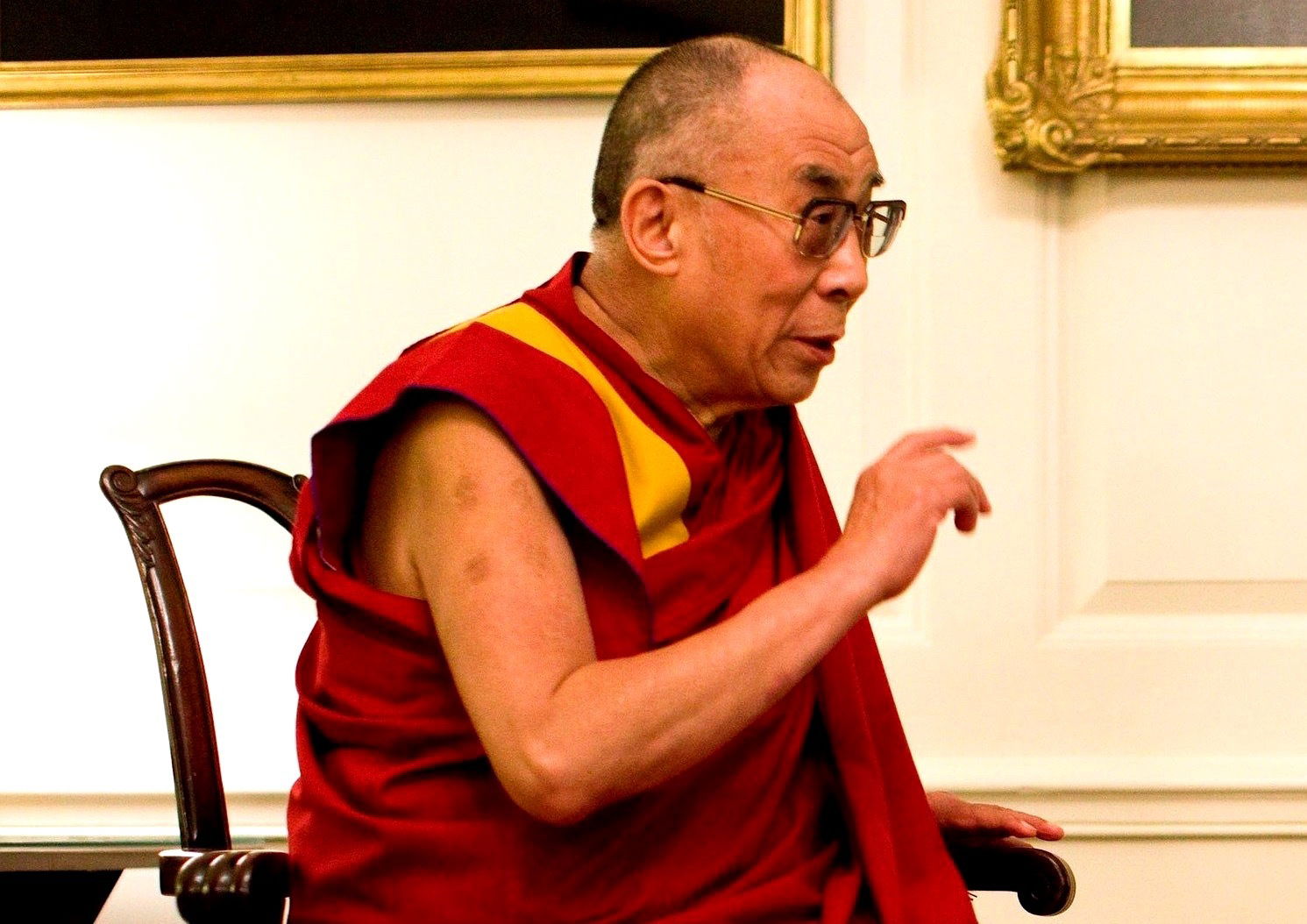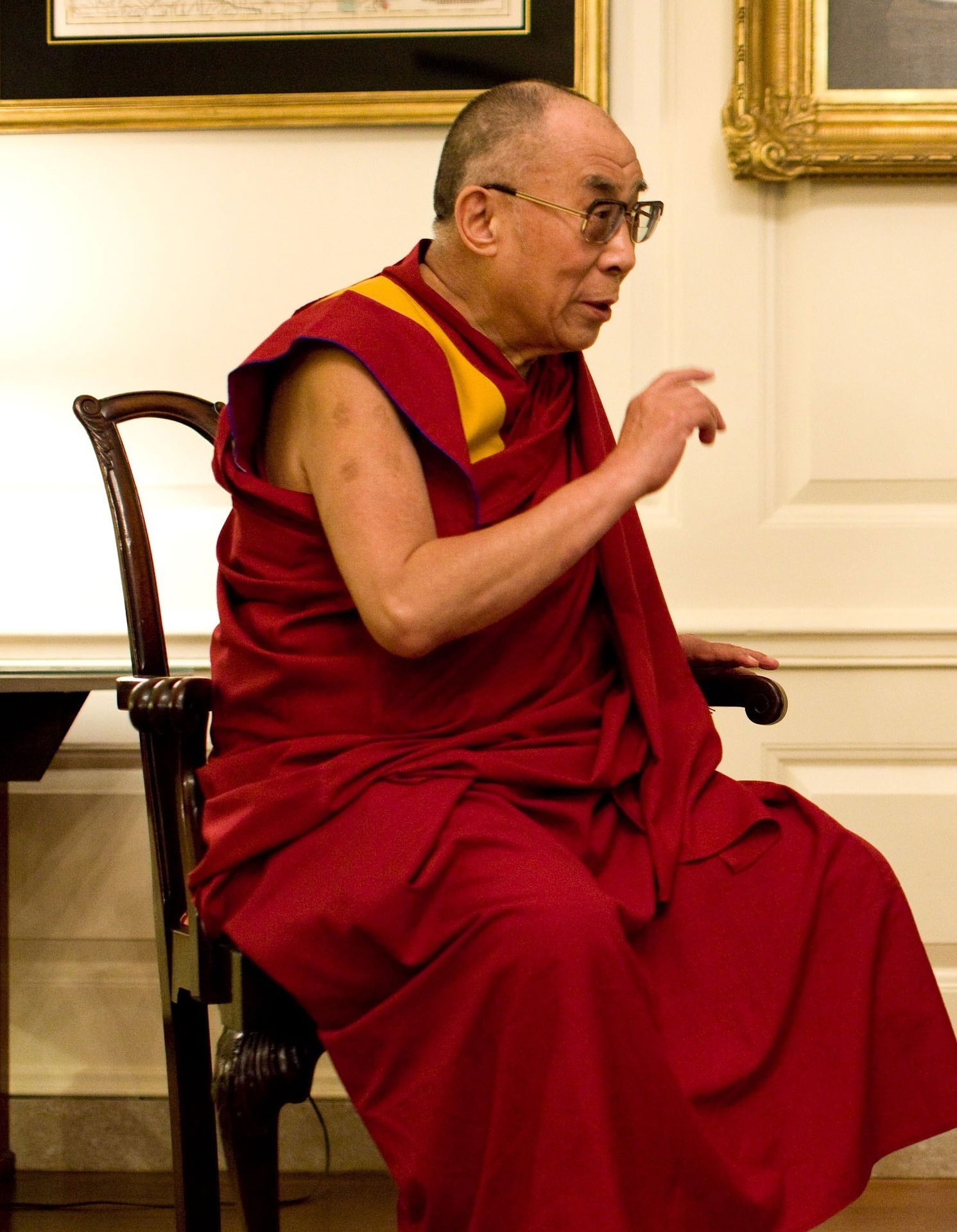

The sad truth is that we live in such conditions in which war is perceived as something exciting and even honorable: soldiers march in an elegant uniform (which so attracts children), with military orchestras. We perceive murder as something terrible, but war in our minds is not related to crime. On the contrary, it sees an opportunity to demonstrate skill and courage. We talk about the heroes of the war, and it turns out that the more people are killed, the more heroic a certain warrior is. We are also talking about a particular type of weapon as a brilliant example of technology, forgetting that when this sample is used, it will begin to maim and kill living people. Your friend, my friend, our mothers, our fathers, our sisters and brothers, you and me. But even worse, in modern war, the goals of those who unleash it are often irrelevant to a particular conflict. At the same time, the impact of war on those who do not participate in it has increased significantly. Nowadays, completely innocent people suffer the most from war - and not only the families of those who fight, but to a much greater extent ordinary citizens, often not related to the conflict at all. Even after the war ends, huge suffering continues - due to the fact that mines and poisonous substances remain in the ground after the use of chemical weapons, not to mention the economic difficulties caused by hostilities. This means that more and more women, children and the elderly are becoming the main victims of the war. The reality of modern military operations is such that they become almost like a computer game. The ever-increasing complexity and sophistication of weapons exceed the imagination of the average person. For us, sadness about ancient battles could be almost forgivable. After all, then, at least, the enemies met face to face. The suffering of war was not denied. In addition, in those days, the rulers usually led their troops into battle themselves. If the ruler was killed, the battle usually ended. But with the complication of technology, generals began to prefer to stay deep in the rear. Nowadays, they can hide thousands of miles from the scene of hostilities, in underground bunkers. When thinking about it, I’m even ready to imagine a “smart” bullet that can find those who decided to start a war. Perhaps this would be more fair: and on the basis of this, I could welcome weapons that selectively eliminate the perpetrators of wars without touching innocent people. ... I remember my trip to the Nazi death camp in Auschwitz again. When I stood there, looking at the furnaces in which thousands of human beings burned down, just like me - and often they were living people who are afraid of the heat of even a single match - I was most shocked by the idea that all these devices were carefully and diligently created by talented people. I almost saw engineers in front of me (all intelligent people) standing at the Kulmans and diligently designing combustion chambers, calculating the height of the chimneys, their weight and diameter. I was thinking about skilled workers who implemented these projects. Without a doubt, they were proud of their work, how proud all the masters are of it. Then it occurred to me that today’s weapons appear in the same way. And it is also created to destroy thousands, if not millions, of ordinary human beings. Sadly, this is a fact of human history - religion was the main source of conflict. Even today, they kill people, destroy communities, disturb the peace of society as a result of religious fanaticism and hatred. Not surprisingly, many doubt what place religion occupies in human society. But if we think about it, we will see that conflicts in the name of religion arise from two main sources. Some disputes occur simply as a result of religious differences - dogmatic, cultural and practical mismatch between the two religions. But there are also conflicts caused by politics, economics and other factors, mainly at the institutional level. I have already noted that religious faith is not a prerequisite for ethical behavior or happiness in itself. I also assumed that regardless of whether a person believes or not, he still needs such spiritual qualities as love and compassion, patience, tolerance, the ability to forgive, modesty and so on.